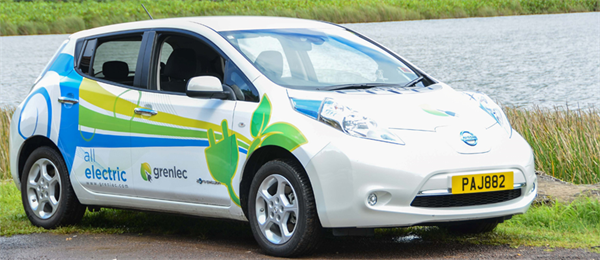Electric vehicles (EVs) are powered by one or more electric motors charged by a lithium-ion rechargeable battery pack.
· EVs are more energy-efficient than gas-driven cars.
· Compared to a conventional internal combustion engine car, EVs save about 50% on fuel and maintenance costs over the car’s lifetime.
· EVs are estimated to achieve the equivalent of up to 75 miles per gallon (MPGe).
· The drive range of an average EV is up to 100 miles on a single charge.
· EVs can maintain approximately 80% of its listed MPGe (miles per E-gallon) over the life of the vehicle.
· Battery packs last approximately eight years or more based on usage and are replaceable.
· Charging stations come in four different types ranging from a household socket and extension cord that can charge a car overnight to a DC fast charging station that recharges the average EV in less than 30 minutes.
· The most common charger is a single phase 208-240V 32amp type 2 charger that provides a full charge in three to four hours.
· To charge the average battery to the recommended 80% capacity takes about three to four hours.
· Zero-tail pipe emissions help reduce air pollution and greenhouse gases.
· EVs have less moving parts than conventional car which saves money on repair and replacement parts.
· High-torque (axle-twisting power) provides faster acceleration, and a quieter, smoother ride.
· EVs are reported to be as safe as their equivalent gas- or diesel counterparts.
· EVs come in a variety of models and sizes to accommodate most travel needs.
· At current costs, electric vehicles are more expensive to buy than traditional cards due to the rechargeable batteries. It’s predicted that the price of batteries will decrease as demand and production increases.
· EVs work in all types of weather, including heavy rain.
· EVs can reduce dependence on foreign oil.
· EVs help protect consumers against rising fuel prices at the pump.
· EVs can help support energy security and environmental protection.

